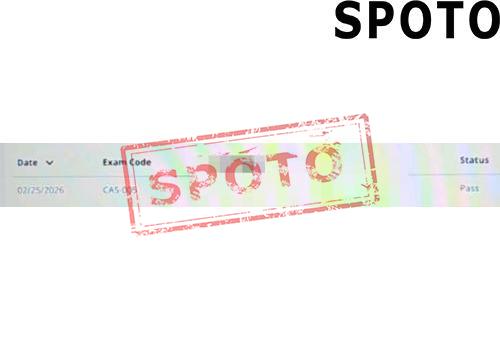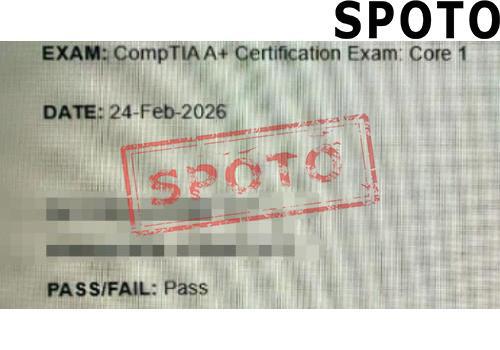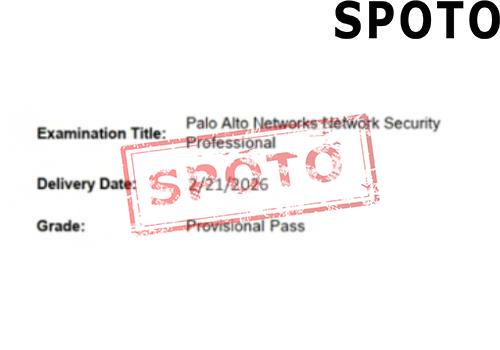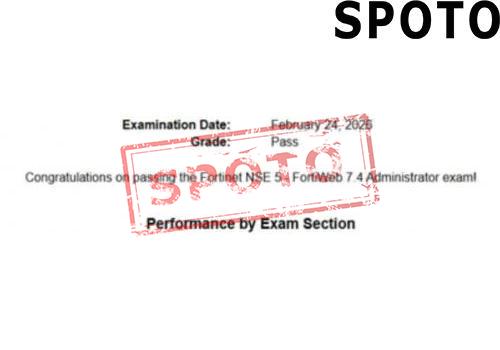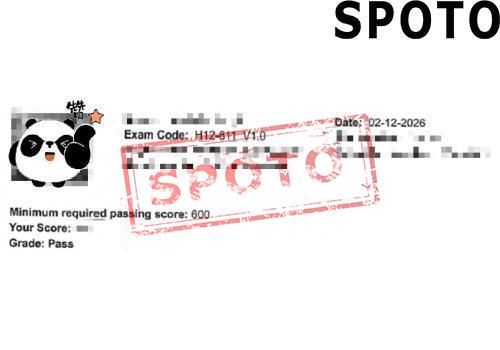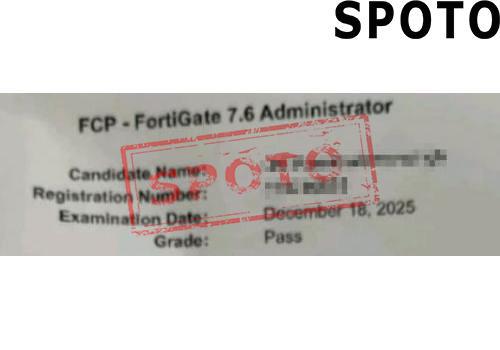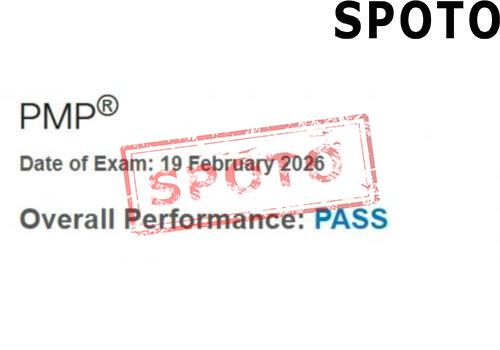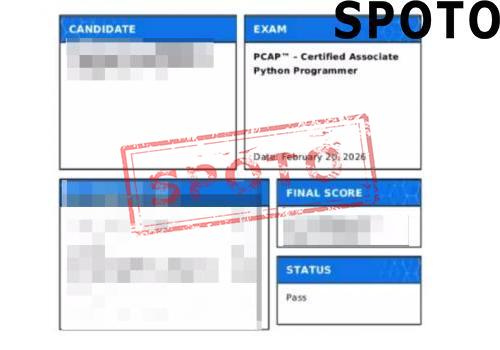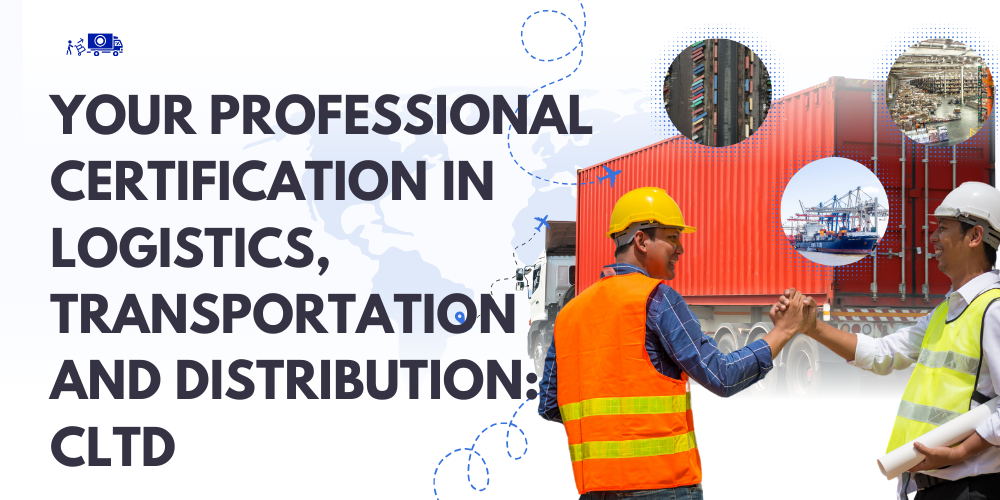
Table of Contents
- 1. Introduction to the CLTD certification
- 2. The Competitive Edge of a CLTD Certification
- 3. Core Components of the CLTD Certification
- 4. What are the requirements to get a certification in logistics, transportation, and distribution?
- 5. Comparable Certifications to the certification in Logistics, transportation, and distribution
CLTD is a certification dedicated to improving your logistics, transportation, and distribution capabilities and cultivating talents in this field for enterprises.
1. Introduction to the CLTD certification
The Certification in Logistics, Transportation and Distribution (CLTD), offered by ASCM, is a highly authoritative and recognized professional certification in the fields of logistics, transportation, and distribution.
In today's globalized business environment, logistics, transportation, and distribution are the critical links connecting a company's production and sales, ensuring the smooth operation of the supply chain, and satisfying customer needs. The core of the CLTD certification is to cultivate and certify professionals who can strategically plan, precisely control, and efficiently optimize logistics network planning, transportation resource allocation, and warehousing and distribution management.
These professionals are like the "chief architects" of a company's logistics operations. They can gain a deep understanding of market demand fluctuations and accurately analyze logistics cost structures. By formulating sound logistics strategies, optimizing transportation routes, and coordinating warehousing layouts, they can effectively address challenges such as shipping delays, inventory overstocks, and cost overruns.
2. The Competitive Edge of a CLTD Certification
As a globally renowned supply chain management professional organization, the Certification in Logistics, Transportation and Distribution (CLTD) offered by the Association for Supply Chain Management (ASCM) is highly respected and recognized within the logistics, transportation, and distribution fields. Obtaining this certification demonstrates that you have undergone professional assessment and possessed standardized knowledge and skills in logistics, transportation, and distribution. This will enhance your competitiveness and attract more employers when applying for positions across all levels of logistics, transportation, and distribution.
The CLTD certification focuses on the key areas of logistics, transportation, and distribution, and is a valuable aid in transitioning from entry-level logistics positions to mid- and senior-level management positions, or from other related fields to core logistics positions. Obtaining the CLTD certification broadens your career development path and often results in a significant salary increase.
The process of preparing for and obtaining the certification encourages you to systematically and comprehensively acquire knowledge and skills in the fields of logistics, transportation, and distribution, delving deeper into fundamental concepts and specific aspects. This builds a solid foundation for further research and practice in logistics, transportation, and distribution, and facilitates your future career development.
The logistics, transportation, and distribution sectors are experiencing rapid technological advancements and emerging trends, such as digital logistics and green supply chains. While the CLTD certification is valid for three years, this doesn't mean you can stop learning. On the contrary, to stay abreast of industry developments, you need to continuously monitor industry trends, acquire new knowledge and skills, and master cutting-edge practical cases like smart warehousing and environmentally friendly transportation. This ensures your professional expertise remains relevant to the ever-changing landscape of logistics, transportation, and distribution, ensuring you maintain a competitive edge in your career.
3. Core Components of the CLTD Certification
The CLTD certification system builds a comprehensive knowledge system for logistics, transportation, and distribution management, comprehensively covering core knowledge and practical skills from strategic planning and operations management to risk control and digital transformation. It's ideal for those pursuing careers in logistics planning, transportation management, warehousing operations, supply chain coordination, and logistics digitization.
Through this preparation, you'll gain a deep understanding of the definition and scope of logistics systems, and their crucial role in enterprise supply chain stability and cost optimization. You'll master strategically-based logistics network design methods, optimize node layout and transportation routes, assess logistics resource capacity, and apply forecasting technology to accurately match demand and improve resource utilization.
Secondly, you'll become more familiar with the entire order processing process, enabling efficient order allocation, tracking, and fulfillment to enhance customer satisfaction. You'll master inventory control models and key warehouse management techniques, enabling you to optimize inventory and space utilization through systems like WMS. You'll also become proficient in multimodal transport selection, route optimization, and TMS applications to achieve transportation resource scheduling and cost control.
Finally, you will be more proficient in understanding international trade rules and customs clearance procedures, master international logistics coordination and risk response methods, have the ability to identify, assess and respond to risks in all aspects of logistics, formulate plans to enhance operational resilience, be familiar with green logistics practices and reverse logistics processes, promote resource recycling and corporate ESG construction, master the application of TMS, WMS, GPS and big data, AI, blockchain and other technologies in logistics, and promote digital transformation.
4. What are the requirements to get a certification in logistics, transportation, and distribution?
(1) Qualification prerequisites:
ASCM officials generally recommend that you have some work experience in logistics, transportation, warehousing, and other related fields, generally requiring at least three years of relevant experience. Because the knowledge and skills covered by the CLTD certification are relatively in-depth and complex, practical work experience will help you better understand and master these content, integrating theoretical knowledge with practical application, and better prepare for the exam and apply what you've learned in real-world situations.
While there are no strict educational requirements, having an associate's degree or higher will be beneficial for exam preparation. For candidates with backgrounds in management, economics, transportation engineering, or other related fields, a solid foundation in theoretical knowledge will make it easier to understand the concepts and principles of logistics, transportation, and distribution, allowing them to more quickly grasp the key points during their studies.
(2) Training and examinations:
The CLTD exam lasts 3.5 hours and consists primarily of multiple-choice and single-choice questions. It assesses your understanding, application, and analytical skills in logistics, transportation, and distribution, and verifies your professional competence. The exam typically contains approximately 150 questions.
According to the official ASCM standard, candidates must score 300 or higher out of 400 to pass the exam.
The exam fee is approximately US$1,195, with prices varying slightly by region.
(3) Qualification maintenance:
The CLTD certificate is valid for 3 years and during the validity period, it can prove that the holder has the corresponding professional capabilities in logistics, transportation and distribution. In order to maintain the validity of the certificate, you need to accumulate a certain number of credits by participating in continuing education activities officially recognized by ASCM during the validity period.
5. Comparable Certifications to the certification in Logistics, transportation, and distribution
- CSCP (Certified Supply Chain Professional)
- CPIM (Certified in Production and Inventory Management)
- CILT (Chartered Institute of Logistics and Transport International)
- CIPS (Chartered Institute of Procurement and Supply)

